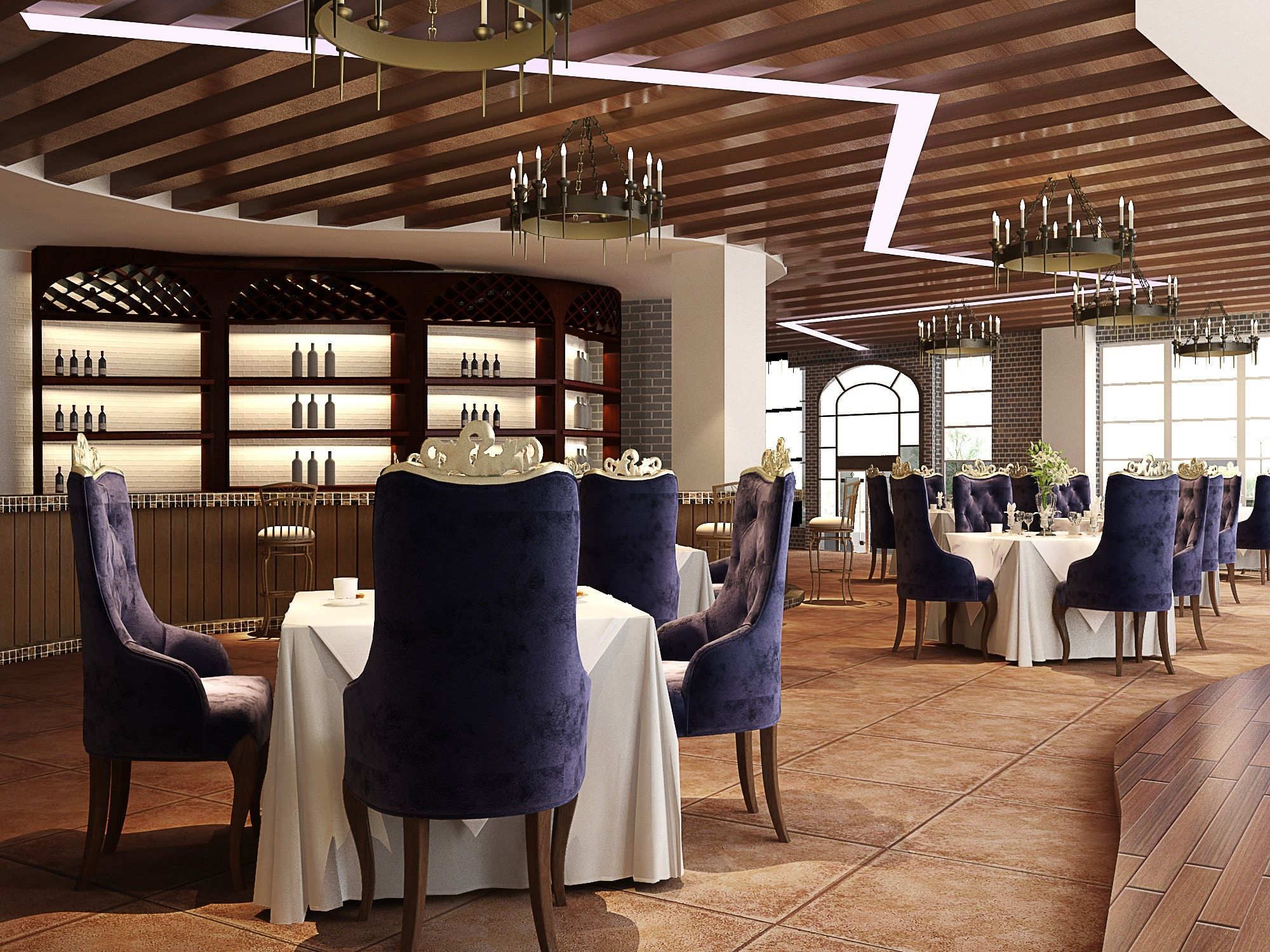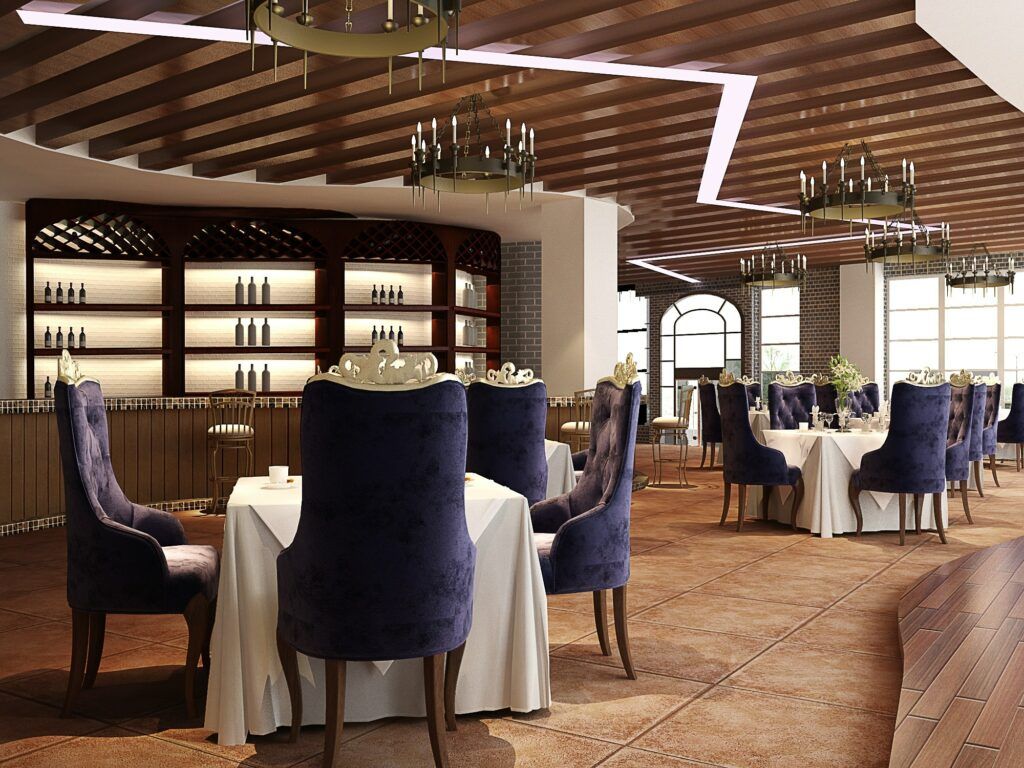
Sustainability in Tourism: How Barcelona’s Hospitality Industry is Leading The Way
- Categories Tourism & Hospitality Management

Barcelona’s Hospitality Industry
Tourism has become one of the world’s largest and most dynamic industries, contributing significantly to economic growth and job creation. However, it is also a sector with significant environmental and social impacts, including the depletion of natural resources, carbon emissions, and the displacement of local communities.
In recent years, the concept of sustainable tourism has gained increasing attention, with industry players and governments recognizing the need to balance economic growth with environmental and social responsibility. One city that is leading the way in sustainable tourism is Barcelona, Spain, where the hospitality industry is making significant strides towards sustainability.
Barcelona, the capital of Catalonia, is a popular tourist destination known for its rich history, vibrant culture, and stunning architecture. However, the city’s popularity has also put a strain on its resources and infrastructure, leading to environmental degradation and social tensions.
In response, the city has launched several initiatives to promote sustainable tourism, including the Barcelona Sustainable Tourism program and the Barcelona Biosphere World Class Destination certification.
One of the most significant players in Barcelona’s sustainable tourism industry is the hospitality sector. Many hotels and restaurants in the city have embraced sustainable practices, such as reducing their energy consumption, promoting local and organic food, and implementing waste reduction and recycling programs.
The Mandarin Oriental Barcelona
The Mandarin Oriental Barcelona is a luxury hotel located in the heart of the city and has implemented a comprehensive sustainability strategy, including using energy-efficient lighting and equipment, reducing water consumption, and sourcing local and organic food.
The hotel has also partnered with local organizations to support social and environmental initiatives, such as providing job opportunities for people with disabilities and promoting the conservation of local biodiversity.
Hotel Arts Barcelona
Another hotel that is leading the way in sustainable tourism is the Hotel Arts Barcelona, a five-star hotel that has implemented a range of environmental and social initiatives. The hotel has reduced its energy consumption by over 30% through the use of energy-efficient lighting and equipment and has implemented a water management program to reduce water consumption by 20%.
The hotel has also partnered with local organizations to support social initiatives, such as providing job training and education programs for young people from disadvantaged backgrounds.
Sustainable Restaurants
In addition to hotels, many restaurants in Barcelona have embraced sustainable practices, such as sourcing local and organic food, reducing food waste, and promoting plant-based diets. For example, the restaurant Elsa y Fred, located in the trendy Gracia neighborhood, serves vegan and vegetarian cuisine made with locally-sourced, organic ingredients. The restaurant also composts its food waste and uses biodegradable packaging.
Sustainability in tourism is becoming an increasingly important issue for the hospitality industry, with many players recognizing the need to balance economic growth with environmental and social responsibility. Barcelona’s hospitality industry is leading the way in sustainable tourism, with many hotels and restaurants implementing innovative and effective sustainability strategies. By promoting sustainable tourism, Barcelona is setting an example for other destinations around the world to follow, and demonstrating that economic growth and environmental and social responsibility can go hand in hand.
Diversity and Inclusion in the Sports Ecosystem: Why is it Important
You may also like

7 Trends Reshaping Tourism and Hospitality in Barcelona


